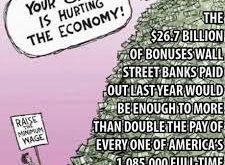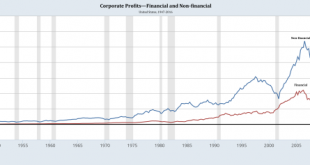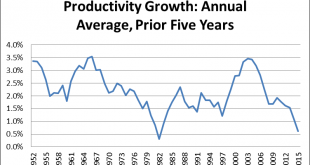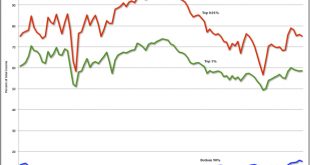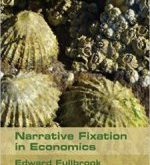from David Ruccio Oxfam’s headline-grabbing numbers are bad enough: “Eight men are as rich as half the world.” But the international organization has presented an even more serious and severe indictment of current economic arrangements—which can’t be glossed over by merely encouraging those at the top to pay more taxes. In the background paper, “An Economy for the 99 Percent” (a follow-up to last year’s “An Economy for the 1%“), Oxfam researchers both document the existence of grotesque...
Read More »Catalyst’s Malick, unhappy about my reporting on US influence, hits back with false claim
from Norbert Haering In a news piece on rediff, one of India’s most popular news-sites, Badal Malick, CEO of the US-Indian organization Catalyst, explains via a friendly journalist, what Catalyst is doing and that my writing on Catalyst and on Washington’s meddling in the fight against cash in India was bogus. He did not convince me. Maybe he will convince you. To very briefly summarize my piece “‘A Well-Kept Open Secret: Washington Is Behind India’s Brutal Demonetisation Project‘”(...
Read More »Wicked Games – Cover – Terry Crouch & Dean Baker
Acoustic cover
Read More »Trump and Economics
from Peter Radford I don’t want to spend much time on Trump and his version of economics primarily because I am not sure what it is. Nor, I think, does he. One thing worth mentioning is that there is an unprecedented disconnect between the economics profession and the incoming President. Just about every economist I know says that Trump will be bad for the economy, and that the best we can hope for is that his notoriously poor attention span will prevent him from doing much. For a much...
Read More »Ideological Macroeconomics & Increasing Inequality
from Asad Zaman Even though very few people have more than a vague idea about them, macroeconomic theories deeply affect the lives of everybody on the planet. Writings of Piketty, Stiglitz and many others, as well as personal experience of the 1% — 99% divide, have created increasing awareness of the deep and increasing inequalities which characterize modern capitalist economies. However, the link between inequality and macroeconomic theory has not been pointed out clearly. The fact that...
Read More »Makers vs. takers?
from David Ruccio Like many liberal economic nationalists, who are concerned about both inequality and economic growth, Michael Lind attempts to make a distinction between “takers” and “makers.” As against conservative economic nationalists, who blame immigrants and the welfare-dependent poor, Lind focuses his attention on the “rent-extracting, unproductive rich” for undermining the dynamism and fairness of contemporary capitalism. The term “rent” in this context refers to more than...
Read More »Weak labor market: President Obama hides behind automation
from Dean Baker It really is shameful how so many people, who certainly should know better, argue that automation is the factor depressing the wages of large segments of the workforce and that education (i.e. blame the ignorant workers) is the solution. President Obama takes center stage in this picture since he said almost exactly this in his farewell address earlier in the week. This misconception is repeated in a Claire Cain Miller’s NYT column today. Just about every part of the story...
Read More »Putney Debates and The Trump Adminstration
from Peter Radford Here’s a well known quote: “For really I think that the poorest he that is in England hath a life to live, as the greatest he; and therefore truly, sir, I think it’s clear, that every man that is to live under a government ought first by his own consent to put himself under that government … and I do think that the poorest man in England is not bound in a strict sense to that government that he hath not had a voice to put himself under.” Thus spoke Colonel Rainsborough...
Read More »Indignity of not-work?
from David Ruccio Mainstream economists and economic commentators continue to invoke the so-called “dignity of work” to criticize the idea of a universal basic income. It’s an argument I’ve dealt with before (e.g., here and here). As I see it, there’s nothing necessarily dignified about most people being forced to have the freedom to sell their ability to work to a tiny group of employers. The idea may be intrinsic to capitalism—but that doesn’t mean it contributes to the dignity of...
Read More »Fake pluralism
As a means of fending off criticism of its autism, of further concealing its ideological role (see below), of diverting calls for pluralism and, perhaps most of all, just as a pastime, economics’ Neoclassical mainstream plays a game of relaxing the assumptions. It loosens one or two assumptions around the edges of the theory and then does a bit of analysis. This is no better than when viewing David to lean to the left or to the right or kneel or stand tiptoed as a means of seeing another...
Read More » Real-World Economics Review
Real-World Economics Review



